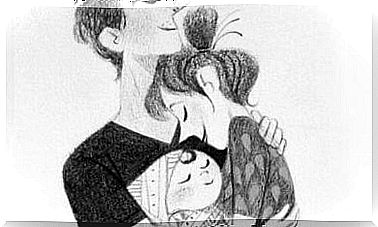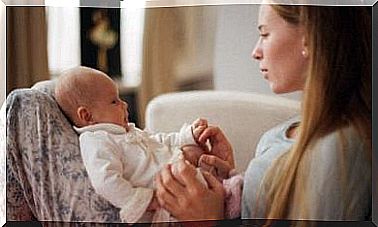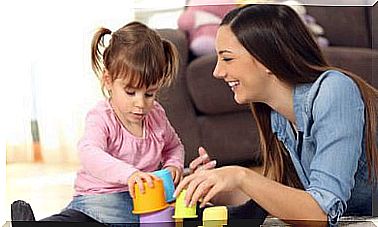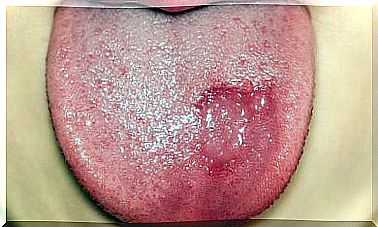Music Therapy With Autistic Children
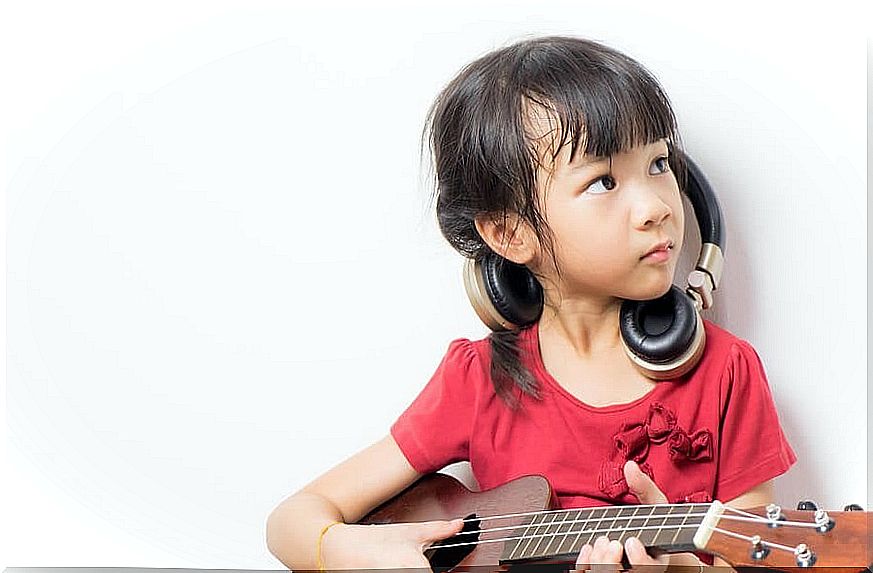
The therapeutic virtues of music therapy with autistic children extend to both cerebral hemispheres. The reason is that both intervene in its processing, which helps to relax and reduce tension.
The power that music therapy has is incredible. For example, it can decrease physiological responses to stress, in addition to increasing the production of endorphins, which are painkillers produced by the body itself.
Currently, music therapy offers concrete results in three fundamental areas of medicine:
- Pain, anxiety and depression.
- Mental, emotional and physical impediments.
- Neurological disorders.
This last area stands out from the rest because the neurological basis for responses to musical stimuli is solid. That’s why music therapy with autistic children is one of the most used educational methods and is effective.
One in ten autistic children show exceptional skills in painting, math, memorization and music, depending on the type of autism.
In some of them, great talents in these skills are observed. However, they can also show ease in other skills, such as: expressing themselves fluently, demonstrating mental agility, speaking out loud and talking eloquently about their interests.
In view of the multiple problems suffered by children with this neurological disorder, music is used as a therapy with the aim of reducing symptoms associated with routine or repetitive behavior and movements.
Benefits of Music Therapy with Autistic Children
Music therapy has the following advantages for these children:
- Improved communication process.
- Development of creativity in any of its fields.
- Reading and writing comprehension.
- Reduction of aggressive and angry behaviors.
- Significant increase in attention.
- Affectionate relationship with people around you.
- Efficient reduction of anxiety states.
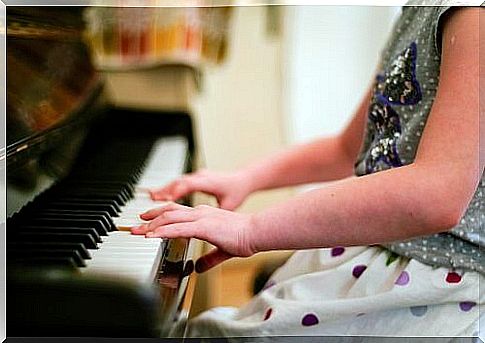
Children with autism do not perceive feelings reflected in facial expressions or tones of voice as other children do; these are the cases in which music therapy encourages and stimulates communication through gestures or expressions.
In addition to the pleasure that music therapy produces in children with this disorder, it can also help in the daily life of the father or mother. Therefore, it would be beneficial to apply this method.
However, it is important to emphasize that not all cases are the same. Some children may have more developed skills and abilities than others with different types of autism.
Autism, which is characterized by the child’s inability to talk and relate, means that he does not participate in dramatization games, does not lend his toys or resists changes in habits, since he is methodical in his activities.
Expert attention
An exhaustive evaluation by the specialist is essential, as he will indicate, according to the child’s needs, whether music therapies are necessary. It must be taken into account that what is beneficial to one child may not be beneficial to another; therefore, medical evaluation is required.
Once music therapy with autistic children is diagnosed as a viable treatment, the child’s basic and vital functions will begin to be promoted and restored.
In this way, it will be possible to satisfy needs of a cognitive and affective nature, as well as physical and social needs, among others. Thus, an adequate integration of the child into any social group will be achieved.
Other Dimensions of Music Therapy for Children with Autism
With the help of music therapy, the child will be able to improve language development in such a way that their communication will improve remarkably.
After implementing music therapy as a treatment, children feel emotionally motivated. They can then be in contact with all the people around them who, in general, they tend to reject.
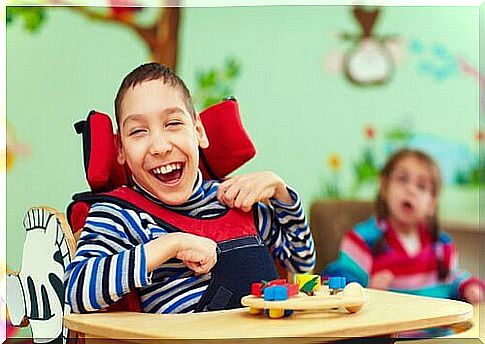
Another positive aspect that music therapy offers is that, through the use of various musical instruments, knowledge and perception of your body increase. This means that the child learns to know and use parts of his body, such as his mouth, hands, fingers and arms, for example.
With this, the child becomes aware of the mechanisms that produce the functioning of the human body. In addition, neurological processes such as understanding, symbolizing and pattern learning are encouraged.
People with autism are not as few as is often thought. This neurological disorder is seen in all social strata and affects 1 in 300 people.
It is not considered a rare disease, but rather a pressing public health problem. However, thanks to educational methods such as music therapy, it is possible to help those who suffer from the disease to participate in social groups.
